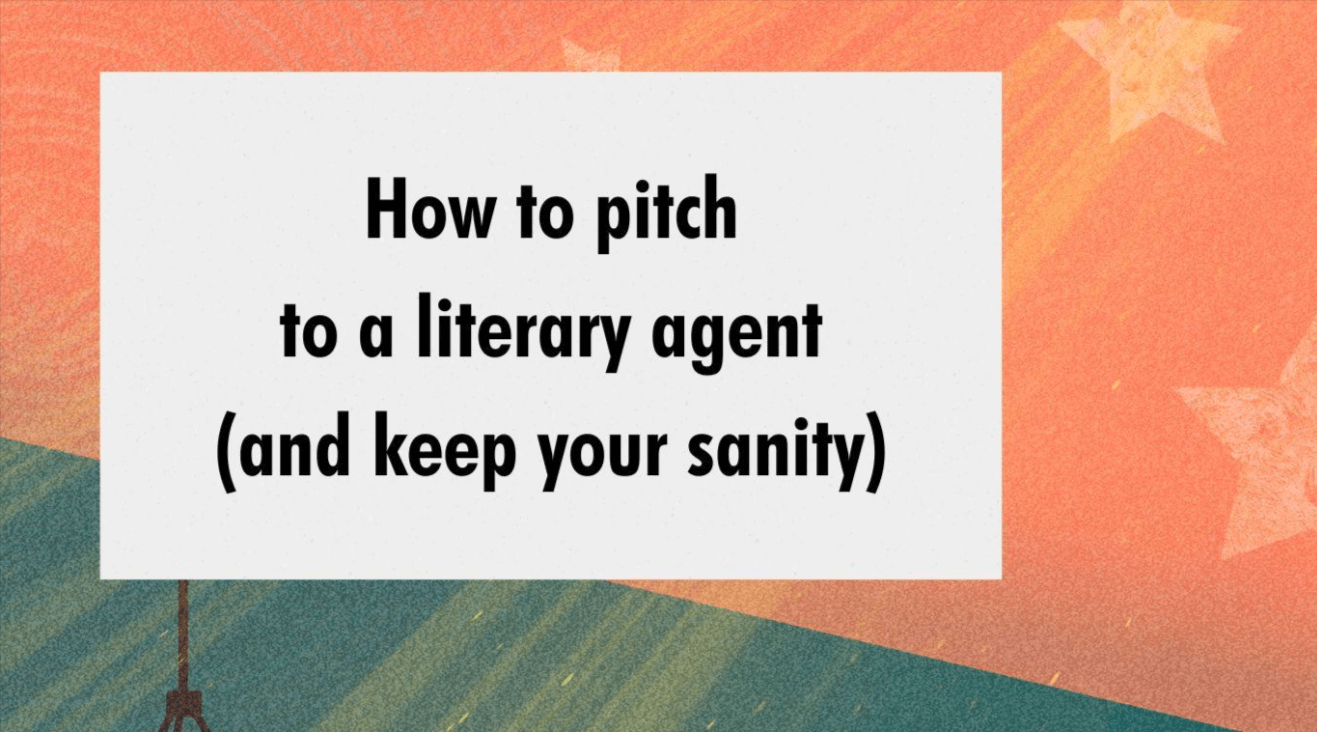How to Pitch Your Book to Literary Agents

If you have plans to write a book and seek to publish traditionally, getting a literary agent to consider your work is usually one of the most important tasks. Literary agents can be very useful in their role as advocates for authors in the publishing industry. They can obtain publishing deals for you, as well as take care of advertising and other aspects of your career.
This guide will help authors through the process of selling their concept, ensuring that the relevant literary agents notice their pitch in a competitive environment.
1. Basic Knowledge on Literary Agents
Before pitching, we suggest spending some time to gather some context that needs to be known concerning literary agents and their relevance in a author’s life. Agents are Exploiters and Marketers of authors works. Their work consists of: At promoting writers, agents publish books through various channels to ensure their visibility as bestsellers.
- Negotiating Contracts: Agents are crucial in breaking deals that involve better royalty and advance options.
- Marketing your book: They also help in marketing the book to the publishers which increases the chances of the book getting published.
- Providing Career Guidance: Agents will assist you on possible career paths and help you with future books contracts.
Since agents have limited time, they only sign books which they estimate will make money. Therefore, knowing how to approach them is critical.
2. Research Literary Agents
Having done some pitches, research the best agent for your book. The beauty of agents is that not all of them represent the whole range of books so be sure that the one you wish to pitch is representative of your genre and style.
Steps to Research Literary Agents:
- Look at Agency Websites: Most agencies will have a web page, which will show the employees on the agency, their submission requirements, and the range of literature they represent.
- Review Submission Procedures: Every agent has varying submission requirements. Following them precisely can be the difference between success or failure. For instance, one agent may require a sample chapter, and another may request a query letter.
- Examine The Agent’s Other Books: Look up the books the agent has represented. This is important because it shows you their preferences and if your book is a good fit for them.
- Make Use of Query-Tacker: QueryTracker or Publishers Marketplace or Writer's Market are all sites that have extensive databases of literary agents. These sites allow you to specify the agent’s niche, so you can get relevant results.
Example:
An agent that has worked with popular young adult fantasy novels will most likely be interested in working with you if your book is in the same category, allowing you to gain their attention.
3. Perfect Your Query Letter
An agent’s query letter is their first point of contact and it must capture the attention of the agent as soon as possible. Queries tend to be the first connection made, and agents get hundreds of them so you want your submission to stand apart. A well crafted query letter is your opportunity to market your book in a well structured succinct manner.
4. Construct an Effective Synopsis
Bear in mind that apart from the query letter, you might also need to prepare a synopsis for your book. In essence, a synopsis is not the same as a summary, it requires an in-depth synopsis of the entire book, from the essential plot points to character arcs, and even the ending.
What to Include:
- Main Plot: Summarize the central problem of your book and the transformative journey that your primary character is expected to undergo.
- Character Development: Describe how different characters develop over the pages of the book.
- Ending: While some agents do not wish you to “spoil ” the story, most will want to know the ending of the tale. Hence, do not leave them hanging.
Your synopsis should not exceed one to two pages in length. Make sure to write it in a way that maintains a simple style but engaging the reader as you would want to in your book.
5. Submission Guidelines Should be Followed Exactly
It is vital that you follow the submission instructions precisely for each agent as they differ from each other. Not doing so could lead to automatic rejection. Some typical guidelies are:
- Word Count: Certain agents may prefer a higher or lower submission word count depending on the subaines. Ensure that your book meets the standard word count for its sbuin.
- Attachments: Some may require specific attachments like the first few chapters whilst some users may want a complete manuscript. Always check what is needed.
- Format: Check if the agent has provided minimal details like font size and file type and abide to them.
6. Good Things Comes to Those Who Wait
After sending your pitch, get ready for some waiting. Every order from clients to agents takes weeks to be processed and often comes with feedback. If you don't get a response right away, don't panic. If after a reasonable time of normally 8-12 weeks you still have no reply, you can send an email to check up on it.
Stay Aware of Your Submitted Applications
Holding records of the agents you’ve submitted to, including their names, submission dates, and replies, may be beneficial. This helps you monitor your progress and make certain that you are not submitting to the same agent over and over again.
7. Handle Rejections Gracefully
Although it can be challenging, you must learn to accept rejections as part of the experience. Remember that many great authors were rejected during their entry into the business and try not to take rejections personally; learn from it. Some agents might reject you but one way or the other try to guide you through your pitch helping you reorganize your thought process for future submissions.
Move On
Do not avoid repeating your query letter, synopsis, or manuscript in accordance with the comments following each rejection, and keep looking for different agents. The right agent is out there, you just have to be consistent in finding them.


